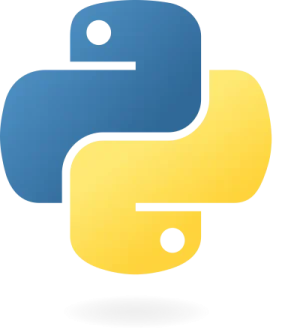Accessing and Modifying Set Items in Python
In Python, sets are unique data structures used to store multiple items without any specific order. Unlike lists or dictionaries, sets do not support indexing or key-based access. However, you can still interact with sets in various ways. This tutorial will cover how to access and modify set items.
Accessing Set Items
Direct access to set elements by index or key is not possible. Instead, you can utilize loops to iterate through the set or check for the presence of specific values using the in keyword.
Loop Through the Set
You can iterate over each item in a set using a for loop. This allows you to access and print all the elements in the set.
book_set = {"1984", "To Kill a Mockingbird", "The Great Gatsby"}
for book in book_set:
print(book)
# Expected output (order may vary):
# 1984
# To Kill a Mockingbird
# The Great Gatsby
Check for Item Presence
To determine if a specific item exists in the set, use the in keyword. This will return True if the item is present, or False if it is not.
book_set = {"1984", "To Kill a Mockingbird", "The Great Gatsby"}
print("The Great Gatsby" in book_set)
# Expected output: True
Check for Absence of an Item
Similarly, you can check if an item is not present in the set using the not in keyword. This is useful for verifying the absence of an element.
book_set = {"1984", "To Kill a Mockingbird", "The Great Gatsby"}
print("War and Peace" not in book_set)
# Expected output: True
Modifying Set Items
While you cannot change individual elements of a set once it is created, you can modify a set by adding new items or removing existing ones.
To add new items to a set, use the add() method:
book_set = {"1984", "To Kill a Mockingbird", "The Great Gatsby"}
book_set.add("War and Peace")
print(book_set)
# Expected output (order may vary): {'1984', 'To Kill a Mockingbird', 'The Great Gatsby', 'War and Peace'}
To remove items, use the remove() method or the discard() method. The remove() method will raise an error if the item is not found, while discard() will not:
book_set = {"1984", "To Kill a Mockingbird", "The Great Gatsby"}
book_set.remove("1984")
# book_set.discard("The Catcher in the Rye")
print(book_set)
# Expected output: {'To Kill a Mockingbird', 'The Great Gatsby'}
With these methods, you can effectively manage and interact with sets in Python.
